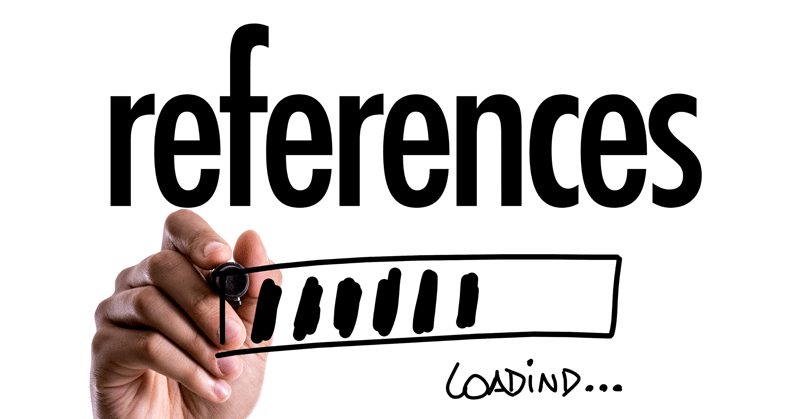When choosing your references, select people who can speak intelligently about your work habits and experiences. Choose past employers, supervisors, teachers, business leaders, or someone with whom you have done volunteer work. Do not use friends or relatives as references. Be sure to give your references a copy of your resume and get their permission before giving their names and phone numbers out to prospective employers. If your selected references indicate that they are not able to provide verification of your employment or comments about their experiences with you, as a result of a company policy…ask your reference if they would be willing to write you a letter of recommendation. Most prospective employers will call the reference to verify that they are the author, but will at the same time, respect the company’s policy.
Work references are of critical importance and often times make or break a hiring decision. It is your responsibility to provide as much contact information to the interviewer so they can make quick contact and verify important information.
Procrastinating on submitting reference information is not in your best interest. It is preferred to provide a reference list once the interview is complete. Providing information at a later date only delays the hiring process.
If you have left an employment experience on “bad terms” it will be important to provide the interviewer with information about what happened…but…it is also very important not to be negative. Outline the circumstances of your separation, claim responsibility where warranted, indicate any learning that came from the experience, and above all, be honest.
CLICK HERE for a reference worksheet and a sample of a typical Reference Sheet that would be submitted to an interviewer.




